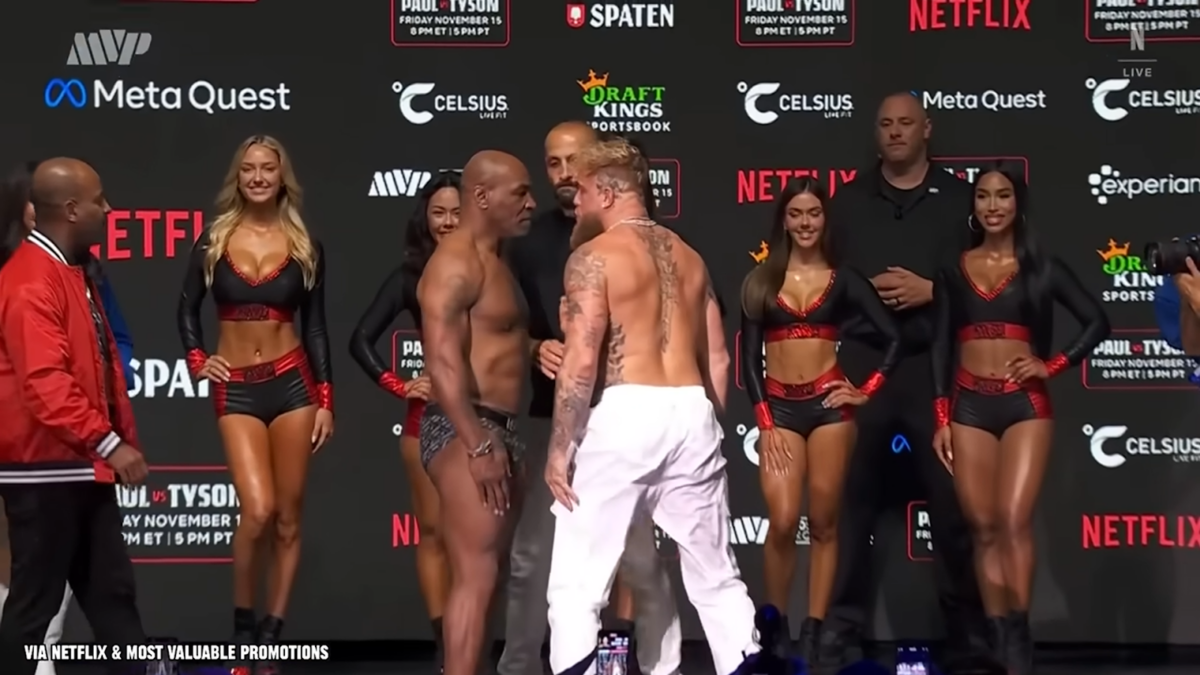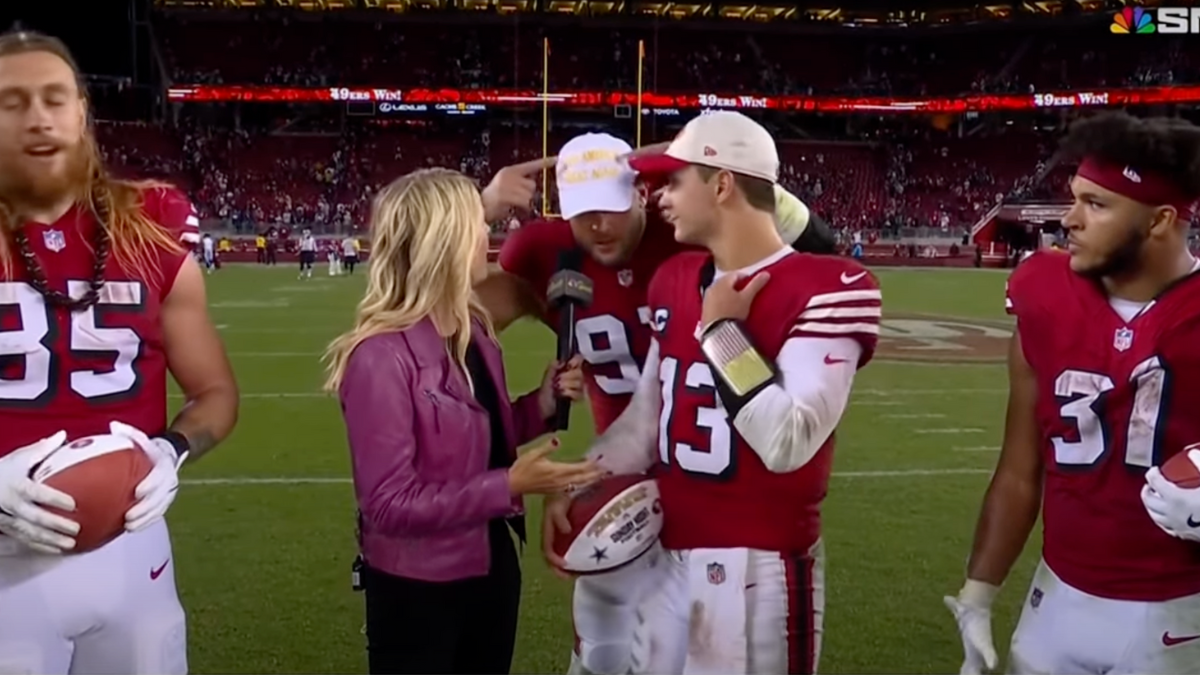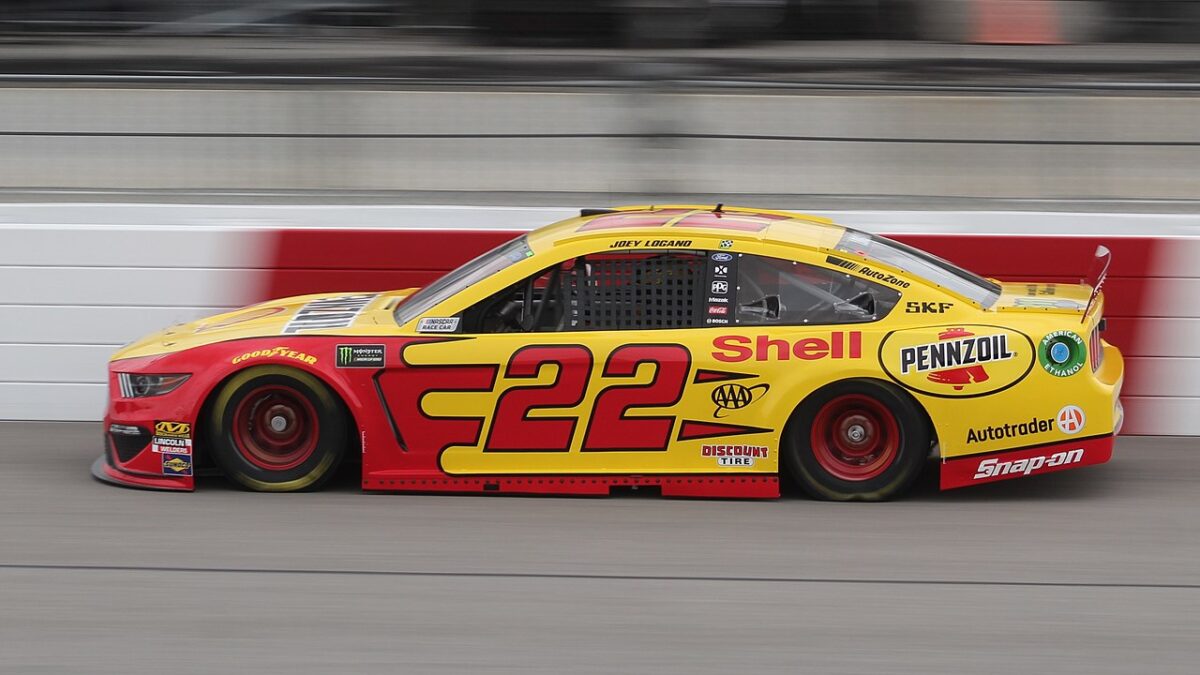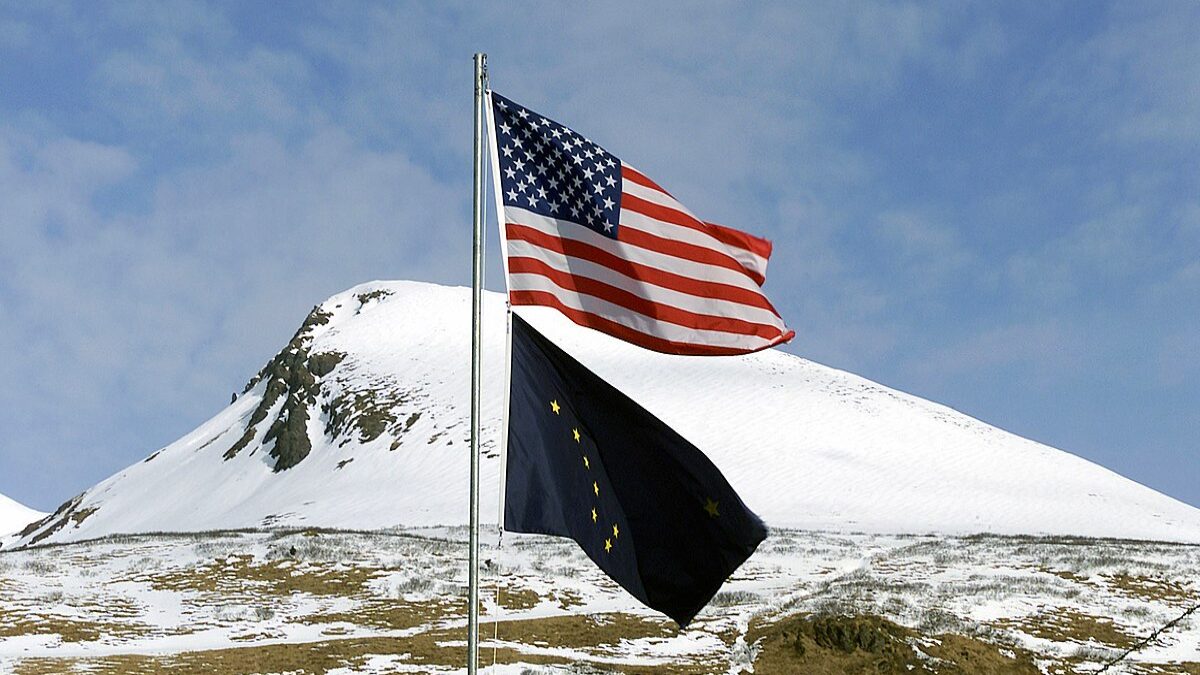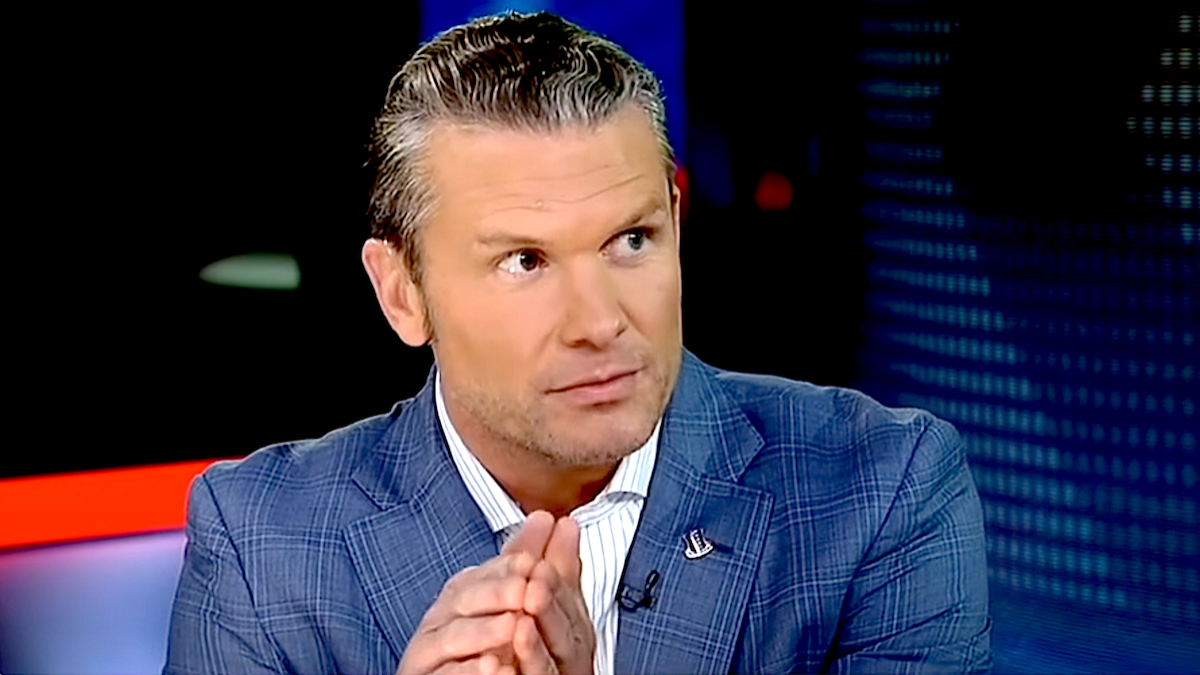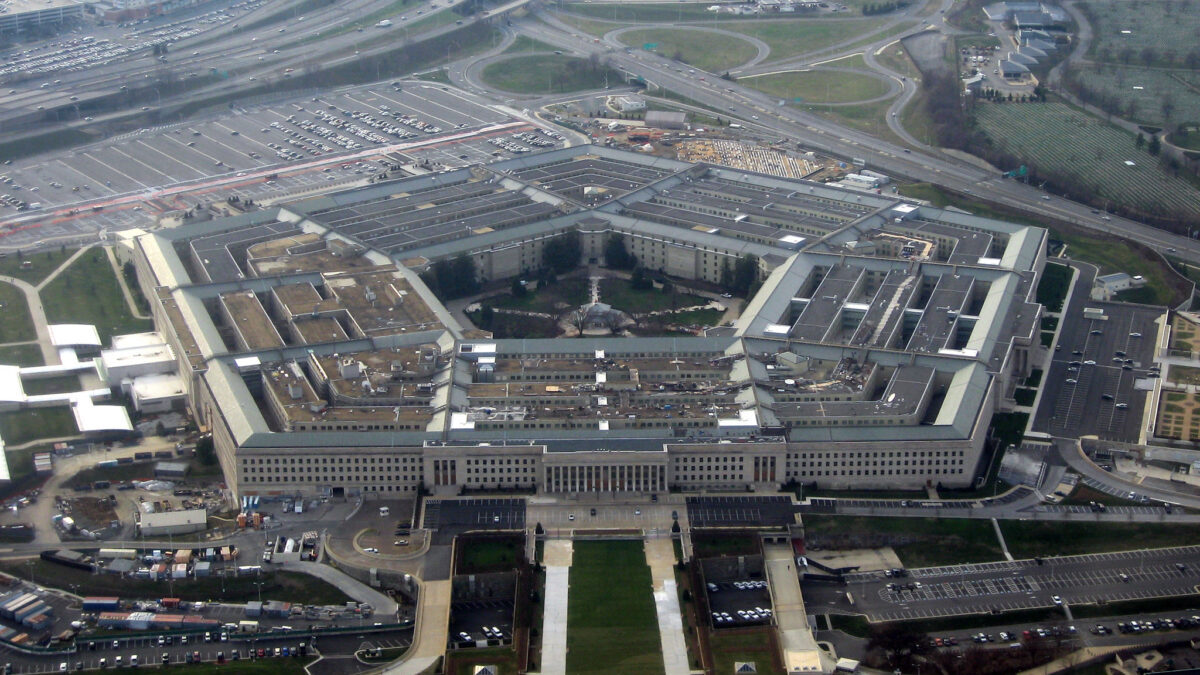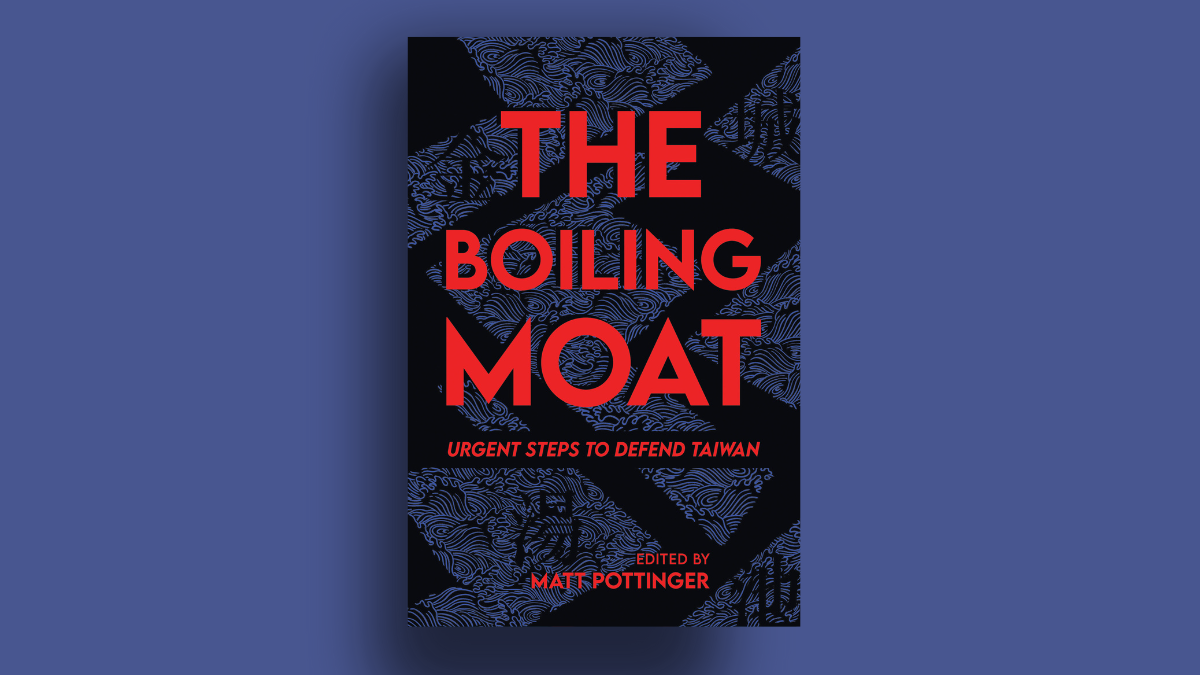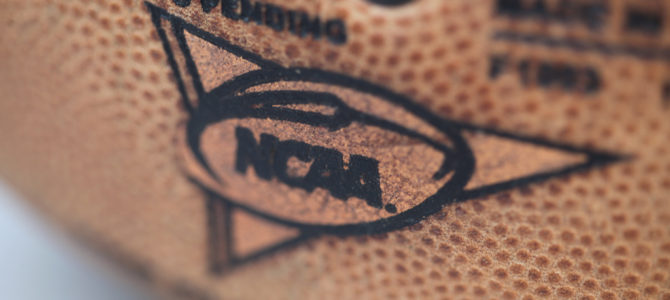
When I first heard the University of Louisville basketball program was involved in some recruiting scandal, I was shocked—shocked!—because an ethical cloud hangs around its coach Rick Pitino like Pig-Pen of Peanuts fame. Then I heard that the FBI had been investigating multiple schools for similar violations and I thought two things: I’m again shocked—shocked!—that shamateurism prevails in the NCAA, and why does any law enforcement agency care?
Here’s what allegedly happened: An executive at sportswear manufacturer Adidas named James Gatto funneled significant sums of money to high school basketball players who then committed to Louisville. A Louisville assistant coach apparently knew about this, so he was fired, then Pitino and the athletic director Tom Jurich were placed on administrative leave (a way-station before firing).
Separately, assistant coaches at three other schools—Arizona, Oklahoma State, and University of Southern California—took cash payments to steer elite players towards certain agents and financial advisers. Then Auburn University associate head coach and former NBA rookie of the year Chuck Person and a clothing executive were charged with conspiring to direct players to use a particular clothing line.
It’s all very shady, and obviously violates the strict rules that the NCAA established to maintain the purity of its money-making machine athletic enterprise, but again I ask, what does this have to do with law enforcement? It’s like the NCAA grandees are paying the cops to do their dirty work.
These Charges Could Fit Anyone
Technically, the charges involve bribery, conspiracy, fraud, and “traveling interstate to commit crime.” My favorite is the invocation of “honest services fraud,” a catch-all that could even ensnare you, dear reader, if you’re reading this article from your employer’s computer during business hours. The Supreme Court has been narrowing this charge in recent years, precisely because the rule of law doesn’t look kindly at sweeping criminal statutes that effectively allow authorities to pick anybody up. The federal hook comes in because the coaches worked for institutions receiving federal funds and the individuals or funds involved traveled across state lines.
But even if a savvy prosecutor can fit the above reign of terror into a proper criminal indictment—with potentially decades in federal prison for those involved—why would he? Besides, doesn’t the venerable Federal Bureau of Investigation have better things to do with its time?
The complaints filed last week read like a summary of college basketball (and football) in modern times, with agents and sneaker companies conspiring with coaches and players to manipulate the recruiting process. It’s unfair to competing programs that follow the rules, to be sure, but let’s not kid ourselves that anybody actually involved in the transactions is hurt. Players get paid, coaches get victories, and their schools get both revenue and wins.
Think about it: how is the University of Louisville defrauded when Brian Bowen—the star recruit at the heart of the scandal who’s now been suspended—agrees to play for Pitino (who previously hired hookers to lure recruits)? The school created a sports environment where the only goals are to win and make money; it has succeeded wildly in recent years. As has Auburn, where the only thing more prized than cha-ching and championships is beating Alabama.
Let’s Just Stop the Sham and Pay the Players
At this point, the legal process is beside the point: the cases will drag on as the defendants argue they didn’t “intend” to do anything wrong and that the statutes are too vague, while the prosecution gets unindicted co-conspirators to roll over and solidify its allegations. If anything ever gets to a jury—likely not; these things tend to plead out—I’m rooting for nullification, because I don’t want to my taxes paying to imprison these non-menaces to society.
Some will agree that this mess and others like it buttress the argument, gaining steam with each passing year, that the NCAA should simply allow players to be paid. There’s more than enough money to go around, so why not give some to the kids who generate it? Among other benefits, in this woke era it wouldn’t hurt to cure some socioeconomic injustice—most of the players are poor and black, and they get nothing if they don’t make the pros (like most don’t)—while allowing the free market to flourish. It would eliminate the hypocrisy that a Duke-Carolina game is no different than Princeton-Rutgers a century ago.
It’s not a bad argument, but it doesn’t go nearly far enough. Basketball and football—the so-called “revenue sports,” although relatively few programs turn a profit—should simply be spun off into their own minor leagues. As with hockey and baseball, you could still have college teams, but nearly all serious professional prospects would come through the minor-league system.
The Olympics are a lot better off for having thrown off their pretense of amateurism, and so would be collegiate basketball and football. Then the NCAA could go back to regulating true amateur sports—and the FBI could focus on terrorist cells, Russian hackers, and real Wall Street criminals.


